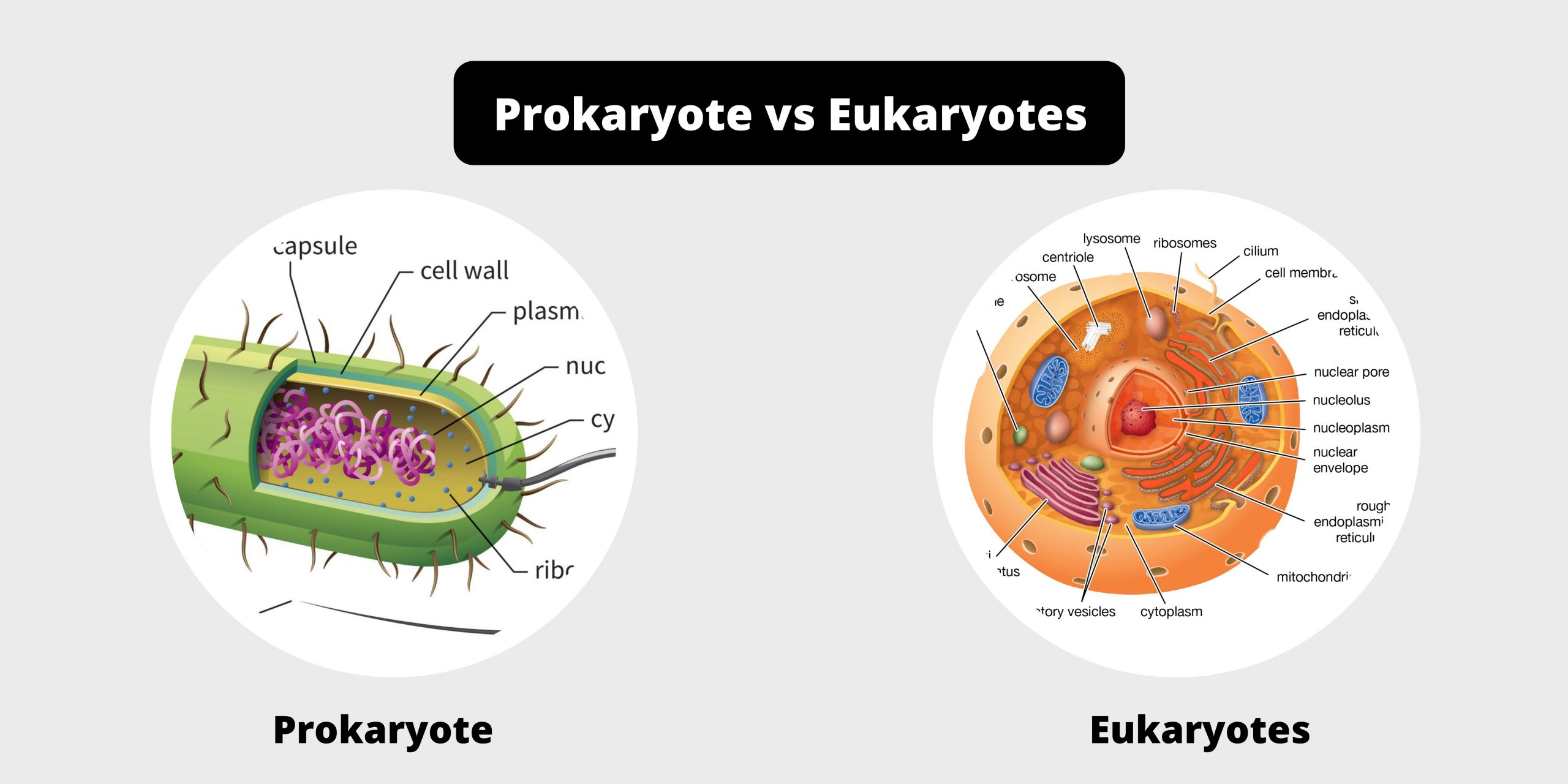Differences between Prokaryotes and Eukaryotes
A single-celled organism without nucleus and other organelles with membranes. Prokaryotes are derived in the Greek pro (pro”pre” – meaning “before”) and the word karuon (karyon, meaning ‘nut’ or “kernel”). In the two-empire model that resulted in the works of Edouard Chatton, prokaryotes were classified as part of the Empire of Prokaryota. However, in the three-domain system that is based on molecular analysis, prokaryotes are divided into two domains: Bacteria (formerly Eubacteria) and Archaea (formerly Archaebacteria). Organisms with nuclei are put in the third domain, Eukaryota. When studying the evolutionary origins of life prokaryotes are believed to have ascended before Eukaryotes.
